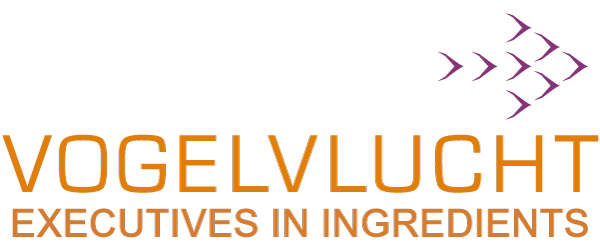Developments in the food industry like the growing demand for sustainable farming products and changing legislation and regulations, have a large impact on farmers. Considering the goal to limit the ecological footprint and climate change, it is to expect that requirements related to food production will become more and more strict over time. According to Bisschop that is something we have to collectively pay attention to. “It is important to support farmers in the transition to sustainable farming methods. The challenges in the agrarian sector are plenty, we can only solve them by collaborating with one another in the chain.”
“It is important to support farmers”
Which market developments will Aviko be confronted with in the near future?
As Aviko, we are momentally experiencing a huge growth. There is an increase in the worldwide demand for potato products. This is amongst others due to the fact that the potato is becoming more popular in Asia. Our competitors invest in new factories in Europe. The processing capacity in Europe is growing strongly, and thus the demand for potatoes increases. At the same time, the pressure on agriculture is increasing. There will be a transition in the agricultural sector, stimulated by legislation: less fertilizer and pesticides, in line with sustainability goals. Climate change influences the agricultural sector, meaning producing sustainable products will become increasingly important and the costs for farmers keep increasing (chemicals, fertilizers, machines). Because the business model of farmers is under more and more pressure, the general mood among farmers is not very positive today. A lot is being asked from them and they are having a hard time dealing with additional rules and legislation.
How do you anticipate this?
Our mother company, Cosun, is originally a cooperative. Even though Aviko formally is not a cooperative, we are familiar with a culture of agreements and discussions with our farmers. We work together with our farmers by supporting them where we can. We have a farmer organization in the Netherlands and in France, where farmers can discuss Aviko’s policy regarding collaborations. These farmer organizations are very important sounding board for us. In conversation with farmer organizations, we offer a large range of contract formats. Hereby, farmers can make choices that align with their own needs and company conditions. We value long term relationships with our farmers: to stick with each other through thick and thin. We see the necessity of a healthy business model for our farmers, in order to create a long term perspective in this sector. It is important to help farmers transition to sustainable agriculture
The challenges are so big, we cannot solve it as individuals. It is a complex issue that needs to be tackled collectively.
What does that ask from your colleagues, now and in the future?
We are now dealing with very long processing times when it comes to directing the quality and characteristics of our resources due to using new breeds or farming methods. After all we only have one harvest per year, and breeding is very time intensive. Our farmers’ propagating material needs to be bought and fixed 3 to 4 years in advance. At the same time we see client and consumers’ demands increasing and changing when it comes to Aviko products. The translation of breed choices and breeding methods to market trends is one of our challenges considering the processing times and complexity of it.
What does that demand from you as a director?
I started at Aviko in April 2021 and am being asked to translate the sector’s transition into choices of our Potato Sourcing strategy. How do we give shape to this transition, what is the balance between economic perspective for Aviko and the farmers and our ecological footprint, how do we build a healthy and sustainable potato sector full of perspective, together with our farmers? An important role of mine is to structure the organization as optimal is possible, and to strengthen the support for our farmers.


